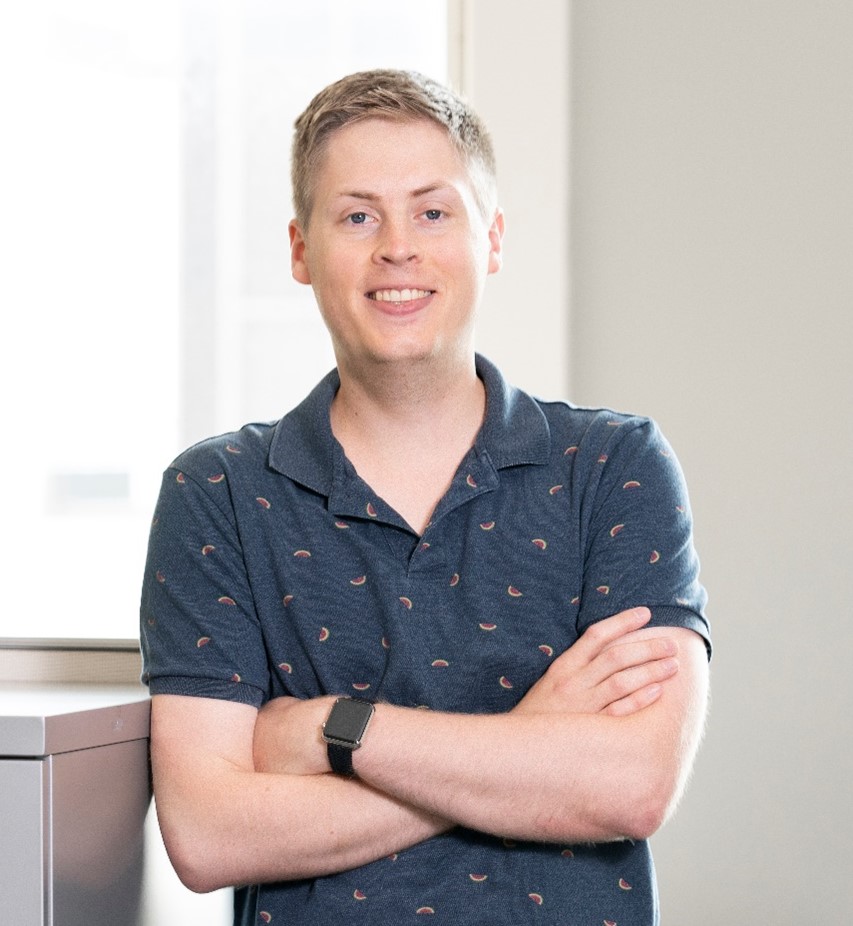
Associate | Lawrence Group
Nick Faust graduated from the University of Kansas with a Master of Architecture degree in 2018 with an emphasis in Health & Wellness Design. Nick became a licensed Architect (Texas) in 2020 and holds EDAC and WELL Building certifications. Beginning in 2017, Nick has worked for Lawrence Group in their St. Louis, MO and Austin, TX offices on numerous projects ranging from clinic and laboratory renovations to grounds up expansion hospitals.
Courses
Pediatric Healthcare Design: Practical Applications of VR, Eye-Tracking, and Biosensors
Research shows the design of pediatric inpatient rooms significantly impacts the emotional and physiological well-being of young patients and their families. Hear findings from studies using virtual reality (VR), eye-tracking, and facial electromyography (EMG) to evaluate various design elements, including artwork, privacy features, and social support areas. These studies provide evidence-based insights into creating therapeutic environments that enhance comfort, reduce stress, and improve patient experience and satisfaction.
Learn how to apply these innovative methodologies in practical settings to improve health care outcomes. Explore the implications of these findings for architects and designers, emphasizing the role of neuroarchitecture and biofeedback in developing effective and supportive health care environments. This course is aimed at professionals who are seeking to incorporate research and technology into pediatric health care design to foster health and well-being. Presented in partnership with the Academy of Architecture for Health (AAH).
This course was recorded live on August 13, 2024.
Medical Respite Care and Dignified Design: Opportunities for Creating Spaces for Healing for the Unhoused Community
Medical respite care is defined as acute and post-acute care for people experiencing homelessness who are too ill or frail to recover from a physical illness or injury on the streets, but who are not ill enough to be in a hospital. Every medical respite care program shares the same fundamental elements: a short-term, safe place to stay, allowing people experiencing homelessness an opportunity to rest, recover, and heal in a safe environment while accessing medical care and supportive services. These programs are a critical opportunity to provide safety and opportunity to connect with providers and services to address the many factors contributing to a person’s experience of homelessness. To attend to the safety and healing of end users, programs would do well to employ intentional, trauma-informed, human-centered design approaches that support the mental and physical health needs presented by this population. Dignified Design is one such approach that prioritizes the needs of individuals accessing and delivering services in medical respite settings through a clear framework of principles and practices. This webinar will provide an overview of medical respite programs, their role in communities, and how the field of architecture can contribute to these programs through a Dignified Design approach, which centers the needs of people experiencing homelessness.
This session was recorded live on August 12, 2025.